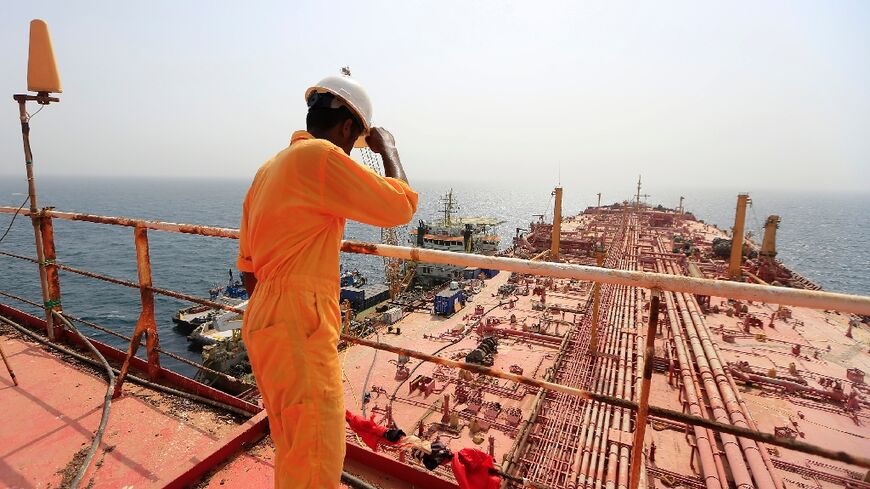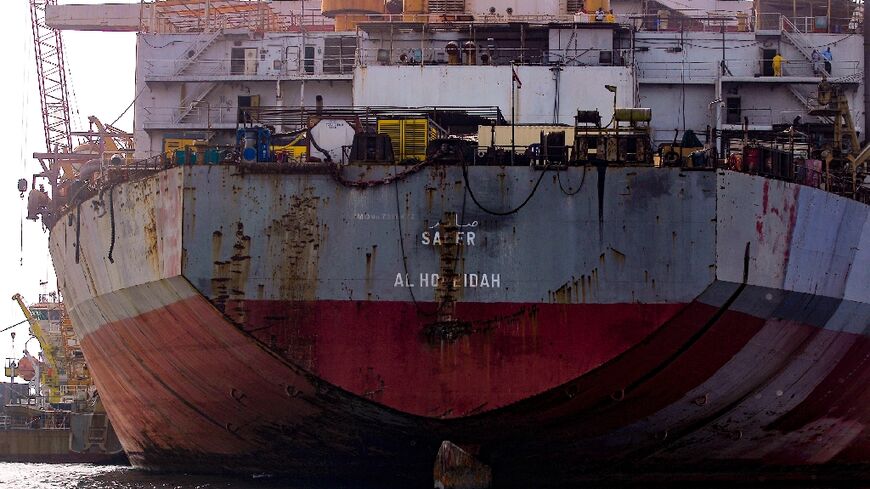Salvage of oil tanker stranded off Yemen can begin: UN

The United Nations said Tuesday it is ready to start salvage work on an oil tanker stranded off Yemen's coast with more than one million barrels of crude that pose an acute risk to the environment.
"We're very happy to be on site where we can start the work," David Gressly, the UN coordinator for Yemen, said by videoconference from aboard a support vessel that has arrived at the stricken ship, the FSO Safer.
In an unprecedented salvage plan, the UN has purchased a super-tanker to remove the oil from the vessel in the Red Sea. The actual pumping will start in about 10 days to two weeks, said Gressly.
The 47-year-old Safer has not been serviced since Yemen's civil war broke out in 2015 and it was left abandoned off the rebel-held port of Hodeida, a critical gateway for shipments into a country heavily dependent on foreign aid.
Experts say the ship is at risk of breaking apart, exploding or catching fire.
The Safer's 1.1 million barrels are four times as much oil as that which spilled in the 1989 Exxon Valdez disaster off Alaska, one of the world's worst ecological catastrophes, according to the UN.
The salvage operation, which will cost an estimated more than $140 million, has been assigned to a company called SMIT Salvage. It will pump the oil from the Safer to the now UN-owned ship called Nautica, and then tow away the empty tanker.
That's much cheaper than the costs estimated to take care of a potentially catastrophic oil spill, which would take $20 billion to clean up.
But the UN says it is still $29 million dollars short on the sprawling project.
A SMIT support vessel called the Ndeavor arrived Tuesday at the site loaded with equipment. It will begin preparatory work on Wednesday.
"With the arrival of the Ndeavor next to the FSO in the Red Sea, we truly have reached a critical milestone," said Achim Steiner, head of the UN Development Programme, which is in charge of the salvage operation.
"If all goes according to plan, somewhere in late June, early July, we might be in a position to say that that critical phase of the ship-to-ship transfer could be completed," Steiner said.





